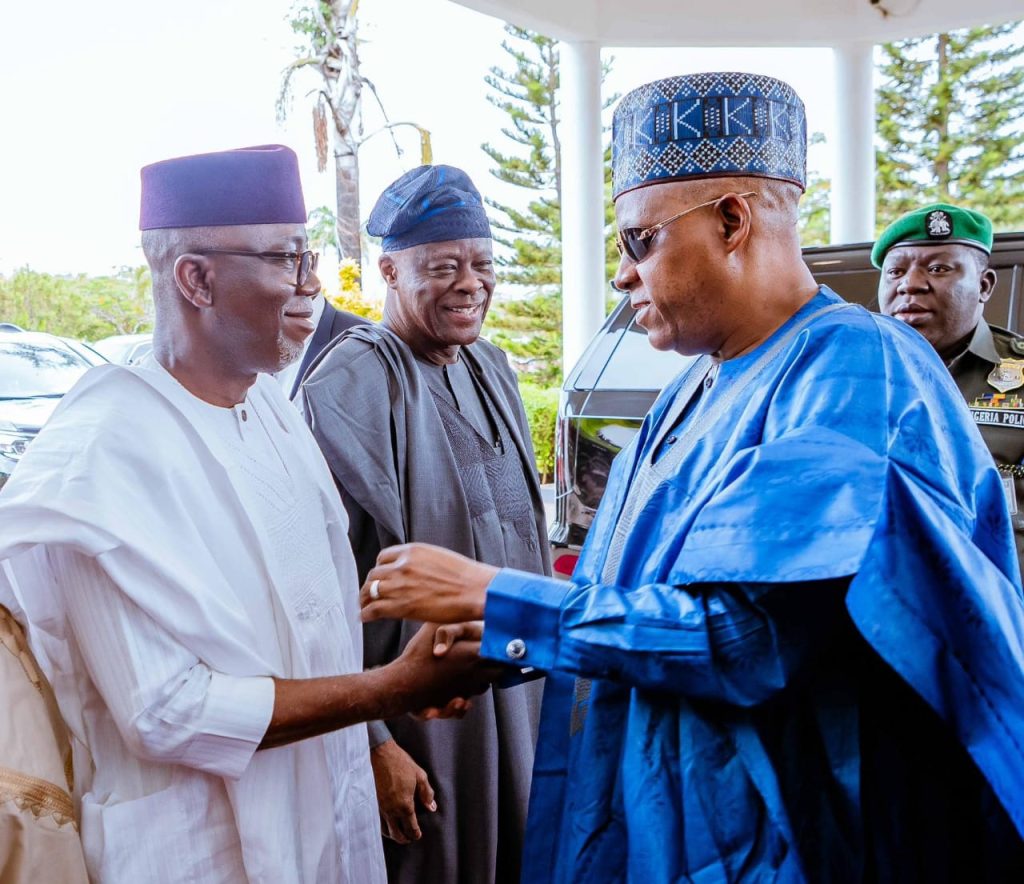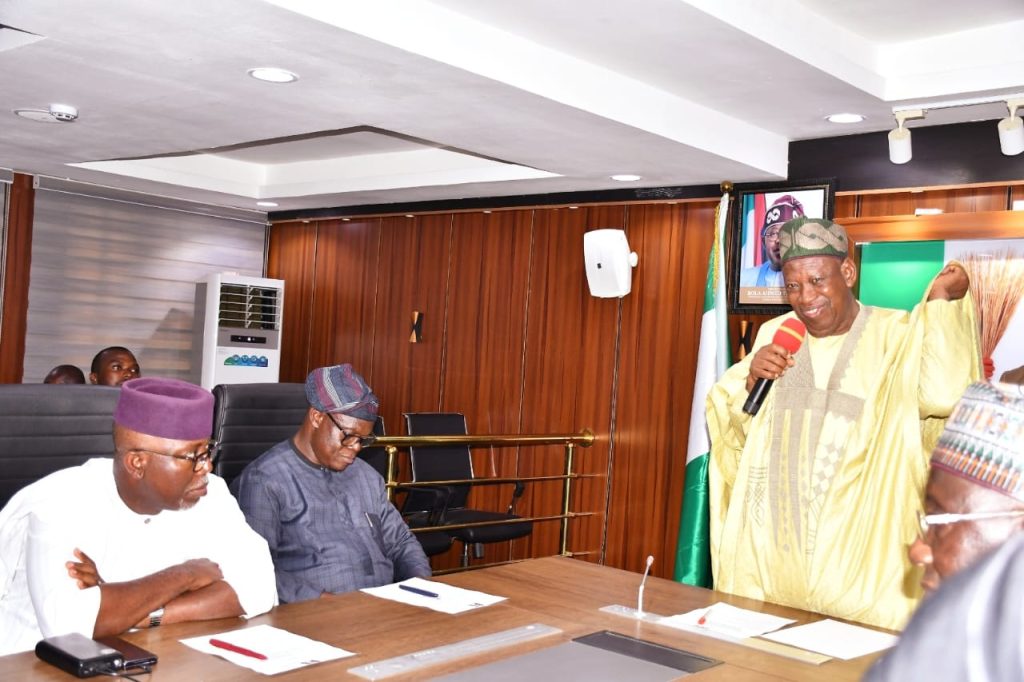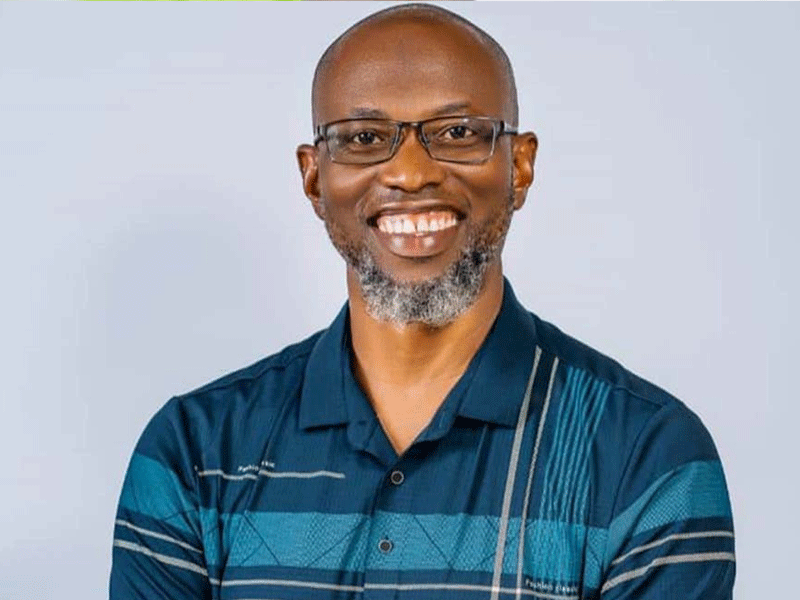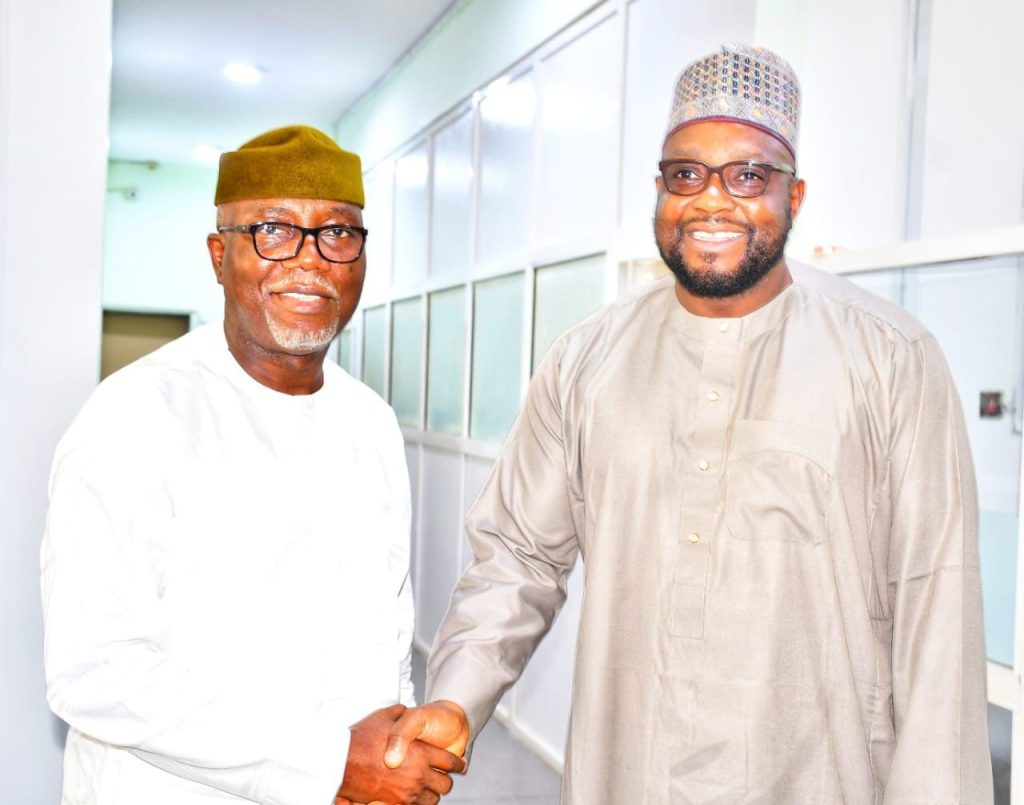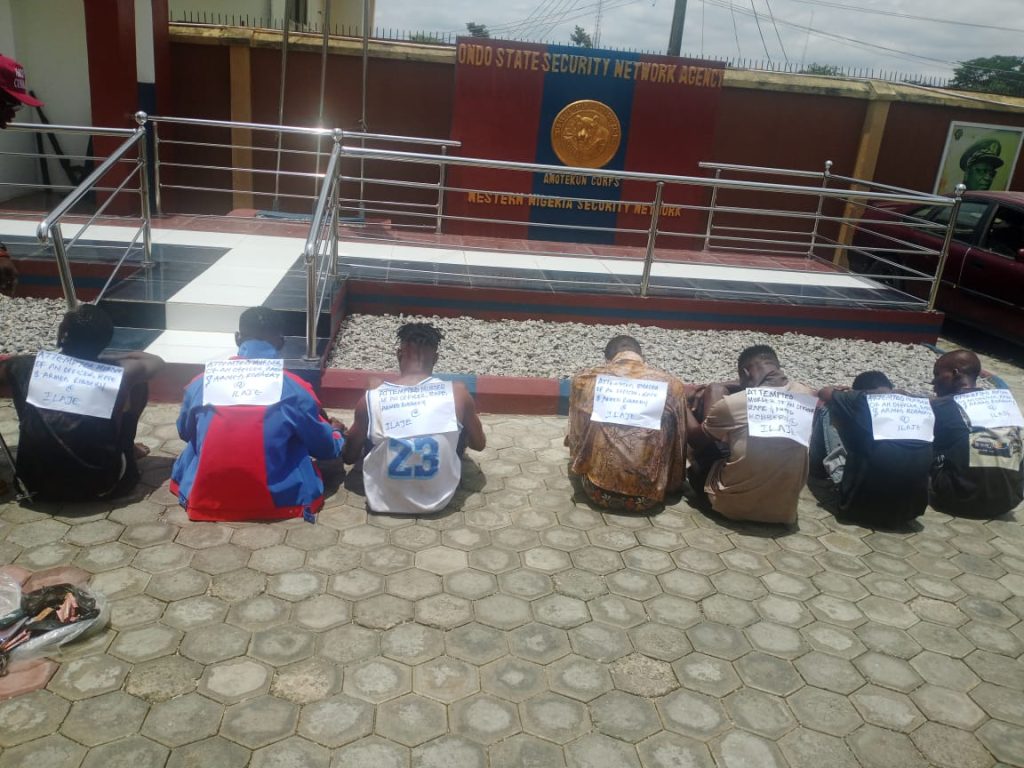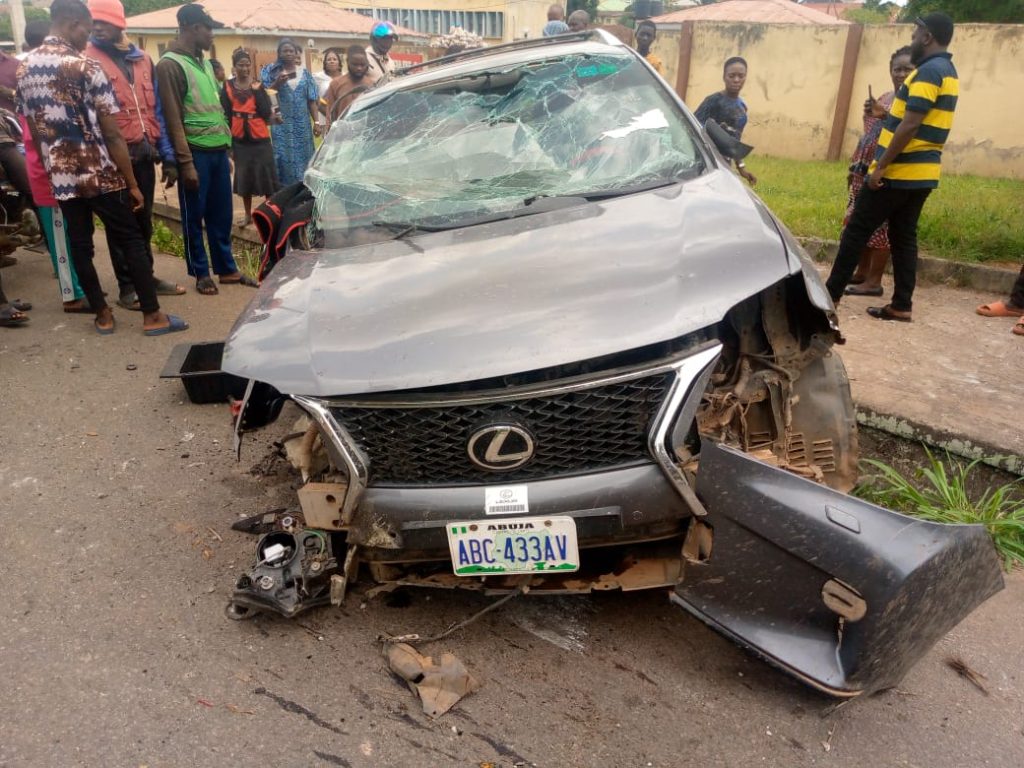Towards A New Nigeria (7)
… Poverty And Inequality
IN recent years, Nigerians have battled shades of economic deprivation, which manifested: as multidimensional poor people, as indicated by the report of the Nigeria Bureau of Statistics (NBS) that quoted 133 million Nigerians to be involved; the declaration that Nigeria is the poverty capital of the world; inflation rate that is put at 22.4 percent in March, 2023; the unemployment rate that is projected to rise from 37.7 percent in 2022 to 40.6 percent in 2023, etc. Bad enough, the two recessions the country went through, the disruptive tendencies of COVID-19 and the invasion of Ukraine by Russia, have roundly buffeted poor Nigerians and disempowered them economically.
PEOPLE in the working class have not also fared better as the double-digit inflationary rate has eaten into their purchasing power, so much that their salary ‘can no longer take them home’. This is not to discountenance the collapse of the middle class, leading to avoidable yawning gap between the rich and the poor. To this end, we note with great worries that one is either rich or poor in Nigeria!
THE palpable inequality witnessed in the distributions of resources between citizens and members of the political class has been partly traced to the insecurity and criminality ravaging the country. Nigeria has had huge doses of poverty-induced vices and crises, such as kidnapping, vexatious interpersonal dealings in private and public spaces, mob action, quick money syndrome that is underlining internet scams and ritual killings, etc. Painfully, both rich and poor Nigerians are badly affected by these monstrous elements.
AS frightening as the foregoing may appear, The Hope is of the opinion that the situation in the country is not irredeemable, given the promises made by the incoming administration. Going forward, we are of the opinion that the Tinubu-led government should come up with realistic economic policies and programmes that would bring about the enabling environment for people to create jobs for themselves. Specifically, we believe that the agricultural sector holds huge potentials for employments if the value chain is effectively harnessed. To this end, improved mechanised farming should be encouraged by the government, as against the present subsistence farming practiced by most farmers in the country.
IN the same vein, we call on the incoming government to apply a multidimensional approach to tackling insecurity by recruiting heavily into the police force, largely for the purpose of detective responsibility, which also aligns with the much-desired community policing. This is more so as it is a fact that crime is best prevented than contended with.
FOR the umpteenth time, we encourages the government to invest in technology, as that remains the catalyst for the country’s industrialisation. Technologically driven products like phones, tricycles, automobiles, etc., that have been largely imported should be domesticated and iterated to save scarce foreign exchange and expand the economy from a consuming to a productive one. The exploits and achievements of Innoson Motors in this regard are suggestive of the positive possibilities available to our dear nation.
TO rejuvenate industrialisation in Nigeria, all federal institutions like the Oshogbo Steel Rolling Mills and Engineering Materials Development Institute (EMDI) that are presently in comatose should be revamped, to meet the original mandates for which they were established. As a follow-up to the foregoing and given the central roles educational institutions play in national development, we are of the opinion that the government should be intentional about bringing about synergy between universities and Research Centres, as well as other developmental institutions, to collaboratively aggregate research outputs for national development.
AS a quick-win approach to the poverty ravaging the country, the government should cut unnecessary expenditures, plug draining holes and redirect the resources saved thereby to providing social support to the poor. The social welfare programmes of the present regime should be recalibrated using reliable data, which is driven transparently, to arrest economic deprivation and vulnerability among the citizens. We believe that it is one thing for the government to emplace social support initiatives for the people; it is another thing for it to be beneficial to the target people.
THE Hope looks forward to a Nigeria where poverty is no longer a challenge, and in which inequality is a thing of the past, as nature has blessed us with human and material resources required for development and greatness!

